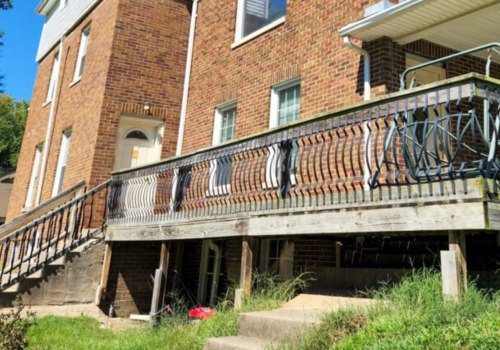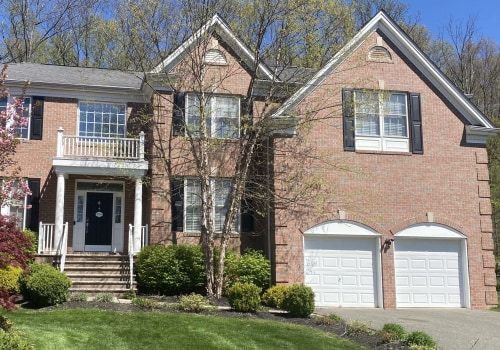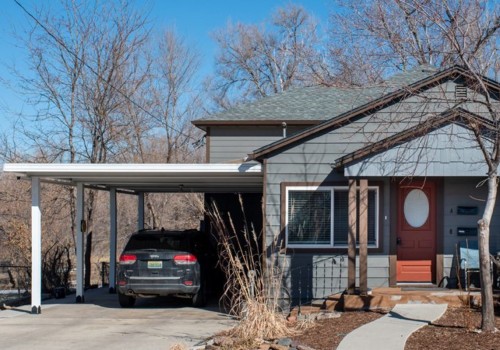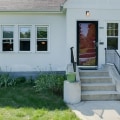This is an opportunity for people who lead sober lives to recover their employment through stable incomes, scholarships, job training, skill acquisition and work. Colleagues can work in a variety of settings, including OASAS outpatient programs, under the supervision of a qualified health professional. They can also find work in hospital emergency departments and in various home and community service settings as they become available across the state. Not only does this program integrate people in recovery into the workforce, it also provides them with opportunities to obtain higher education, such as professional degrees, professional development services and practical experience, as well as an extensive addiction recovery monitoring program that allows them to receive the clinical and peer support they need to maintain their new sobriety.
Residential recovery homes provide the ideal environment to provide a caring and supportive environment to begin living a sober lifestyle and developing new healthy relationships. America in Recovery reports that it manages separate worksites for recovering addicts, ex-offenders and older workers. This is an opportunity for people who lead sober lives to recover their employment through stable incomes, scholarships, job training, skill acquisition and work ethic in environmental management. Some states offer recovery support services that offer professional counseling to former addicts.
The support available in these programs can range from assistance with job search and placements to help paying for transportation and interviews. She has enjoyed working at a variety of fund-raising events, such as the Betty Puskar Breast Care Center fashion show, the WVU Cancer Center gala and the Mon Health Ball of the Year, but she is very happy to be the adoptive “housewife” of the wonderful residents of WV Sober Living. Work reintegration combined with comprehensive peer support recovery services is critical to maintaining lifelong sobriety. Certified Peer Recovery Advocates (CRPA) rely on personal experience with substance use and professional training to provide non-clinical support services as identified in the patient's treatment or recovery plan.
By completing all required training and related working hours (paid or unpaid), candidates can apply for non-clinical peer positions and upgrade the full Recovery Peer Advocate certification. Using their experience in recovery, their professional training and their lived experience, colleagues promote people's participation in treatment and their commitment to recovery. Ascension Recovery Services is recognized as an industry leader in developing financially sustainable job training and reintegration programs for those recovering from the SUD. A progressive and individualized program of acquiring construction-related skills for those who are recovering and living sober lives.
If you have just regained sobriety and need to get a job, use all the resources you can at your disposal through specialized resources that help find jobs for recovering addicts. In addition to facing the challenges of maintaining early sobriety, these people face the need to get a satisfying job that pays a living wage and can support their recovery efforts.






